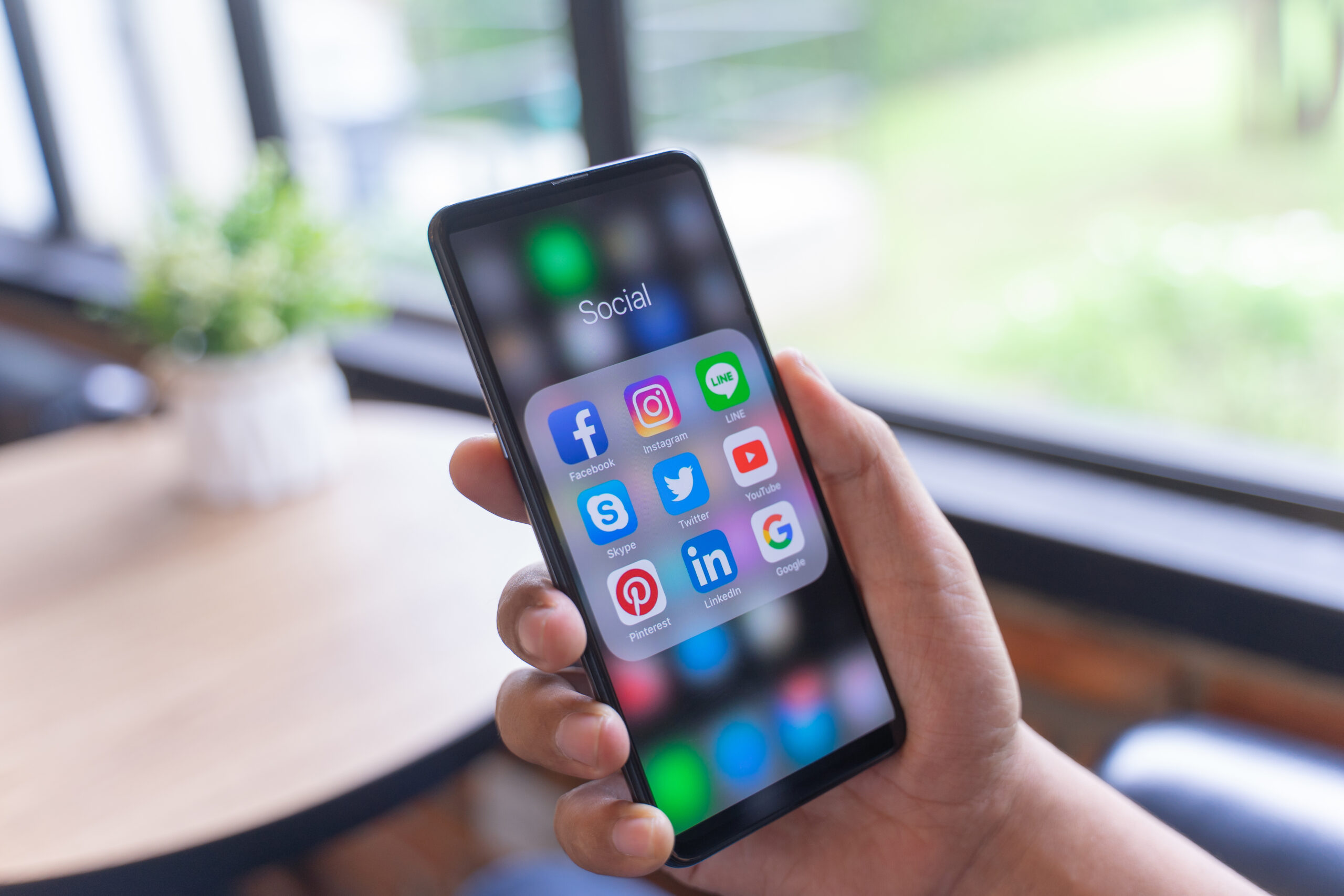As of this Thursday, New York has established the strictest protections in the country to protect minors from social networks and the Big Apple has a clearer picture of how this technological maelstrom affects public school students.
Governor Kathy Hochul enacted two laws that seek to mitigate the impact of these platforms on the mental health of children and adolescents, by regulating how technology companies offer addictive functions for children and how they collect and use data from minors.
In parallel, while these regulations were being signed, Mayor Eric Adams, and Dr. Ashwin Vasan, commissioner of the New York City Department of Health and Mental Hygiene (DOHMH), announced the publication of the “Special Report on Social Media and mental health”, a data report that reconfirms how anxiety and depression are associated with the use and abuse of these addictive technologies in the Big Apple, in students from the poorest neighborhoods.
These new data clearly show that children in public schools are more exposed to screen addictions than their peers in private schools. It is confirmed that the more access to social networks, the greater the risk of showing concern about the future.
Law spirit
In short, the pair of state legislations in place will already prevent social media platforms from providing addictive features to children, without parental consent, under the ‘Safe For Kids’ Act. Additionally, they would be prohibited from collecting, using or selling personal data of children and adolescents without consent under the Children’s Data Protection Law.
While signing the two bills, Hochul pressured Congress to take similar action.
“Today we save our children. By controlling addictive algorithms, we will provide a safer digital environment and create a better future for young people across New York,” Hochul said.
From the beginning of her administration, the governor pushed this legislation based on the impact that the COVID-19 pandemic had on children and adolescents, as young people spent more time online, while physically isolating themselves.
The passage of the bills in New York comes as Congress has considered federal legislation that would establish barriers on the operation of technology platforms for teenagers and children.
This legislation has the support of various parent and guardian organizations and the New York Attorney General’s Office.
“Addictive streaming is hooking our children. Families are counting on us to help address this crisis,” said Attorney General Letitia James.
Poorer, more networks
Likewise, a survey completed by 22,484 parents, guardians or other caregivers of a child or adolescent between 5 and 17 years old who reside in New York City, also presented this Thursday by municipal authorities, highlights that 40% of adolescents report who use social networks.
Although the majority of parents interviewed feel that their children are “too much” in front of screens, 78% believe that the government should impose more restrictions on access to these technologies.
Use rates and impacts vary depending on neighborhood poverty and the type of school attended.
Teens who live in very high-poverty areas report using social media more than their counterparts who live in wealthier neighborhoods, representing a nearly 10 percent difference between the two groups.
Children who attend public schools are more likely to use social media than their private school counterparts.
More screen, more anxiety
Parents of Big Apple teens who use social media are more likely to report that their child has a diagnosis of anxiety (27 percent) or depression (14 percent) than parents of teens who don’t use social media. social networks.
Parents who use social media are also more likely to have indicators of depression or anxiety, compared to those who do not.
Among teens who report using social media daily, 90% report being worried in general and 56% report at least some depressive symptoms.
The majority of adolescents surveyed affirm that they turn to social networks to “entertain themselves, learn new things or out of boredom.”
Those who list boredom as their main motive are more likely to report worrying about the future, compared to those who do not list boredom as their main motive.
The two state laws. In summary:
- The S.7694A/A.8148A legislation establishes the Stop Addictive Feeds Exploitation (SAFE) For Kids model to require social media companies to restrict addictive feeds on their platforms to users under 18 years of age.
- Legislation S.7695B/A.8149A, called the Minors’ Data Protection Law, prohibits online sites from collecting, using, sharing or selling personal data of anyone under 18 years of age, unless they receive informed consent or doing so is strictly necessary for the purpose of the website.
